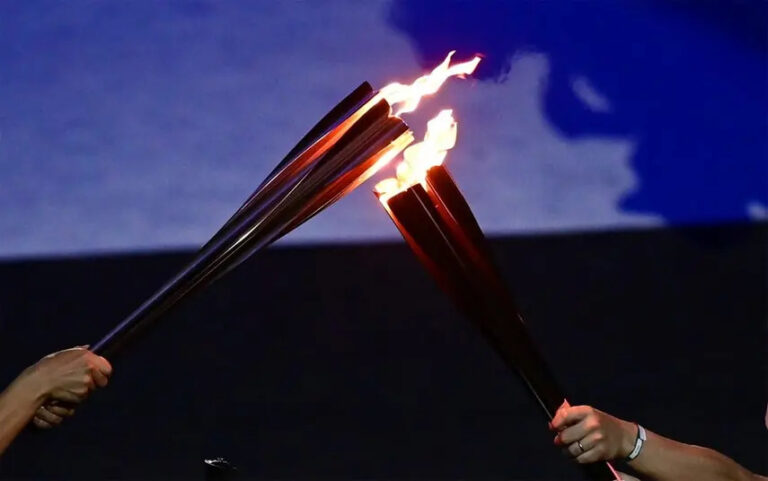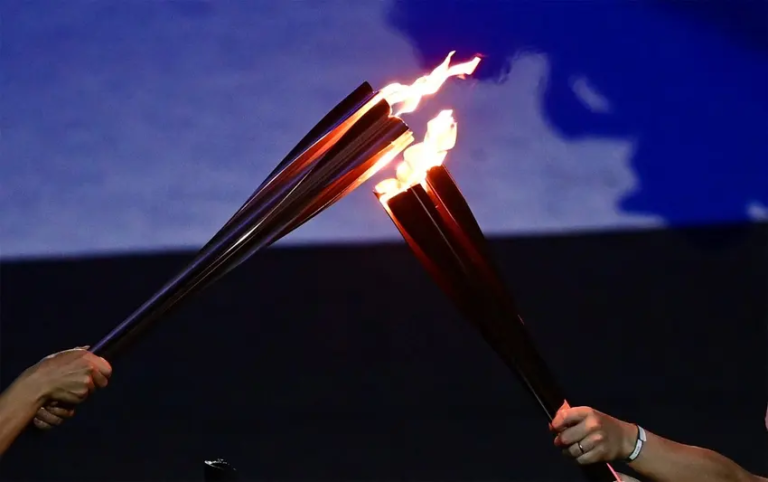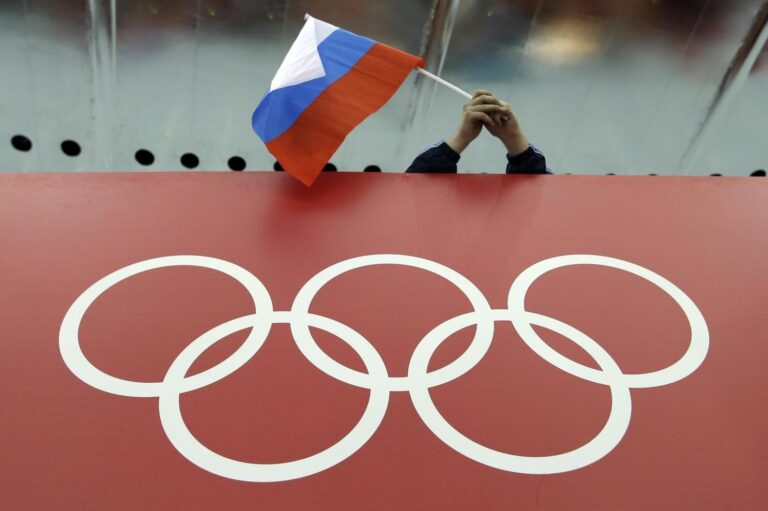Is Paris Going to Triple the Tourist Tax?

Paris, the iconic city of lights, is considering a significant increase in its tourist tax, a move that has sparked concerns and criticism from various quarters. Currently ranging from 0.25 euros a night for basic accommodation to five euros a night for luxurious establishments, the tourist tax is set to triple as part of the government’s 2024 budget. This decision, expected to be pushed through parliament without a vote before Christmas, has raised questions about its potential impact on the tourism sector, particularly as the city prepares to host the Paris 2024 Olympics.
Also Read: Olympics 2024: Is There a Minimum Age to Apply for a Torchbearer?
Current Tax Rates and Proposed Increase:
As it stands, the tourist tax in Paris has a tiered structure, with rates varying based on the type of accommodation. The most basic lodgings are charged 0.25 euros per night, while more luxurious establishments face a fee of five euros per night. The government proposes to triple these rates across the board, a move that has been met with resistance from key players in the hospitality industry.
Industry Concerns:
The UMIH hotel and restaurant union, along with the GNC group of hotel chains, have voiced their concerns about the potential repercussions of this tax hike. In a joint statement, they highlighted the negative impact on the competitiveness of the sector and the potential damage to France’s image, especially in light of the upcoming Paris 2024 Olympics. The unions argue that the 200-percent increase in the tourist tax is excessive, projecting revenue of 423 million euros annually, far beyond the 200 million euros claimed by the government and regional transport authority.
Funding Public Transport:
The government has defended its decision, stating that the substantial increase in the tourist tax is intended to fund public transport. Despite this justification, there are doubts and skepticism from industry syndicates and unions. Catherine Querard, the president of GHR, another union representing the hospitality and catering sector, expressed concerns that the authorities are sending the tax rate “through the roof” and may later blame the industry for any resultant hike in hotel prices.
Article 49.3 and Controversial Decision-Making:
President Emmanuel Macron’s government plans to use Article 49.3 of the French constitution to pass the 2024 budget without a parliamentary vote. This controversial mechanism, previously employed for the highly disputed pension reform earlier in the year, allows the government to enact legislation without securing a majority in parliament. The decision to use this method is indicative of the challenges the government faces following the 2022 elections.
Impact on the Paris 2024 Olympics:
The controversy surrounding the tourist tax increase comes at a crucial time, with Paris gearing up to host the 2024 Olympics from July 26 to August 11. Hotels have already raised their rates in anticipation of the influx of visitors during the sporting event. The additional financial burden from the increased tourist tax, coupled with rising public transport ticket prices, has sparked public anger and raised questions about the overall impact on the success and perception of the Olympic Games.
Conclusion:
The proposed tripling of the tourist tax in Paris has ignited a contentious debate, with stakeholders in the tourism and hospitality sectors expressing concerns about its potential consequences. As the government moves to implement the tax increase using Article 49.3, the controversy adds another layer to the challenges faced by the administration following the 2022 elections. Whether this decision will significantly impact the city’s appeal to tourists and the success of the Paris 2024 Olympics remains to be seen, but it underscores the delicate balance between public revenue needs and the concerns of key industries.





